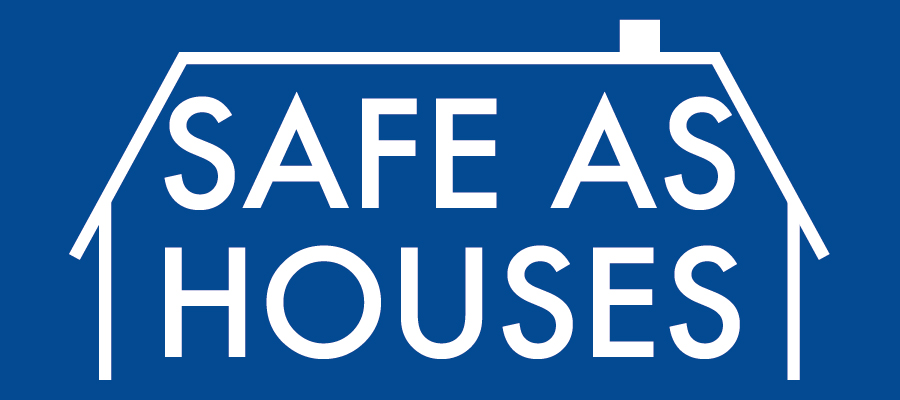Home is more than a roof over your head. Safe as Houses looks beyond the bricks and mortar to investigate stories of survival from unsafe homes around the world.
Taking place in a derelict South London house, this exhibition showcases vital work by three female photographers documenting issues of domestic abuse across Turkey, Brazil and the UK. Created in collaboration with survivors, their projects share stories of resilience that have emerged from unsafe homes.
Safe as Houses had been produced with Solace Women's Aid. Concluding on International Women's Day, the exhibition seeks to raise awareness of the crucial services that Solace provide to survivors of domestic abuse.
Safehouse 2
137 Copeland Road, Peckham
SE15 3SN
Map
12-8pm 5-7 March
12-6pm 8 March
Private View: 6pm 4 March.
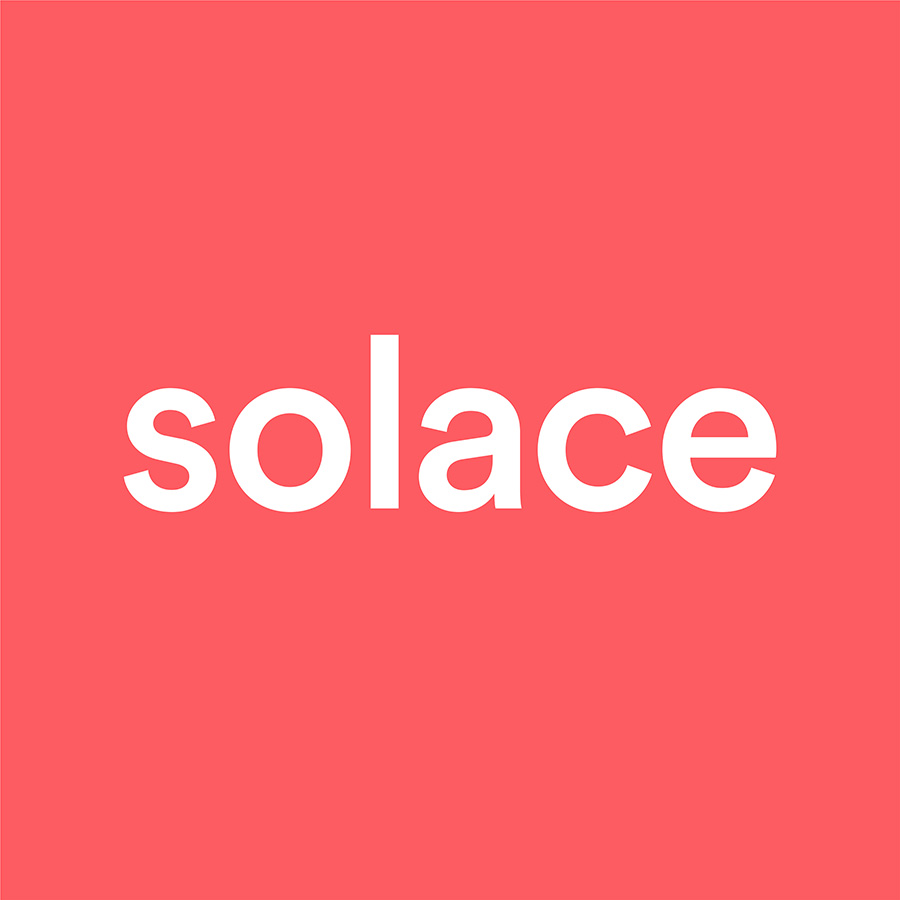


Domesticity
Claudia Agati
Documenting domestic abuse survivors through portraiture and personal objects.
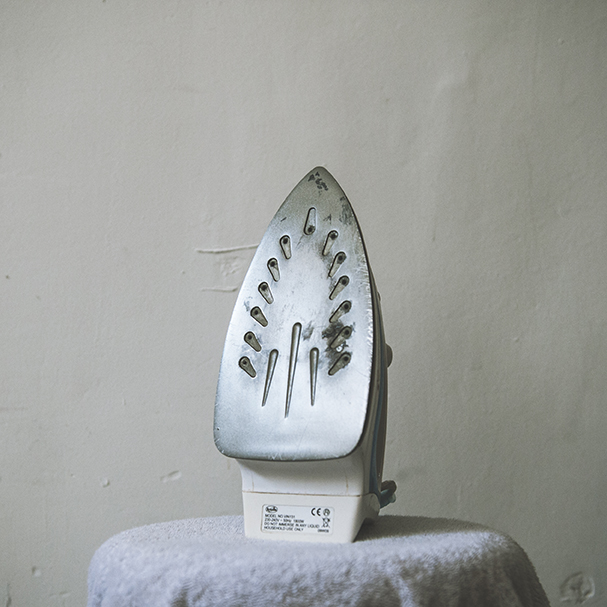
In Claudia's own words:
Domesticity is a project about four women from very different backgrounds , who endured violent relationships within their homes.
Home is traditionally regarded as a romanticised place, a utopian and sacred site for refuge. This ideal private space hides a complete different reality, the one of whom has suffered and still suffers domestic violence. Home continues to be the place where women face violence the most. Each week in the UK, two women are killed by a partner or ex-partner. Anybody can find themselves in this situation, regardless of their ethnicity, class, gender, nationality or religion. women are more likely to experience domestic violence “because she is a woman and [...it...] happens disproportionately to women”.
In intimate relationships violence is rooted in the semantics of gender inequality: the ‘victimʼ, regardless of sex, is always feminized. With this project I wanted to challenge the notion of home as a safe space, to reveal the power dynamic therein and to show how our socially constructed vision of space, and in particular, domestic space can be a tool not just to reinforce gender inequality but can constitute an instrument of violence.
Our society on one hand punishes perpetrators and on the other reinforces those elements that are at the very base of domestic violence. For example, the reinforcement of binary contrapositions is the basis of a distorted patriarchal hierarchy that positions women in a submissive role.
These stories are about the power and control of one person over another and the central element of this project is to reaffirm the importance of womenʼs voices and the impact they can have to achieve a truly democratic society.
Ce N'est Pas Moi (It's not me)
Julia Blur
These intimate photographs of domestic spaces attempt to communicate the effects of patriarchal oppression experienced by Turkish women in a time of social and political change.
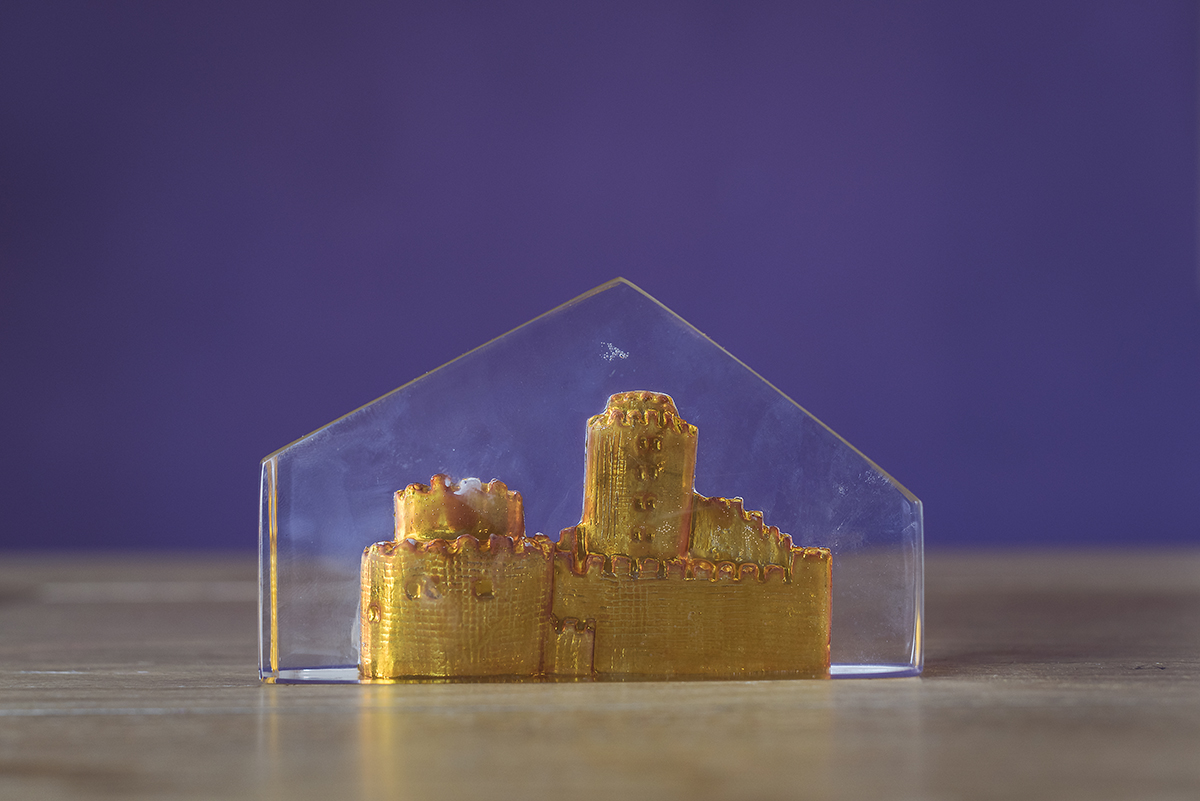
“To become the person someone else had imagined for us is not freedom - it is to mortgage our life to someone else’s fear.” - Deborah Levy, The Cost of Living
Julia describes the work herself:
Turkey has been a secular state during the last century. The changing sociopolitical climate has intensified its effects on each citizen over the course of last two decades. The women and their existential struggles have become even more invisible and inconspicuous. This work aims to create a feeling about contemporary womanhood focusing on the notion of oppression from patriarchal family and social structure. Through this image/text work, I try to communicate the effects of patriarchal oppression through intimate stories of two women, via turning the lens to their domestic spaces and belongings to create a composite emotional portrait along with their own words.
All Conceivable Freedoms
Nayara Leite
Burnt family photographs and audio recordings reconstruct the experiences of LGBTQ+ Brazilians turned away from their childhood homes.
Nayara interviewed each individual and their own words accompany the images.
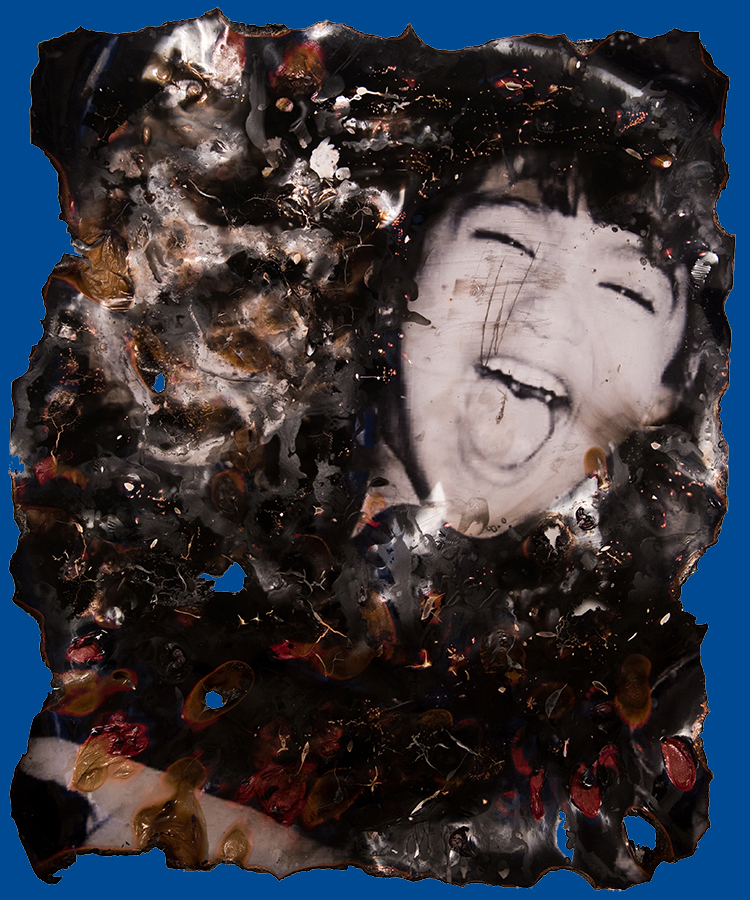
“My mother judged me a lot. It was a tremendous emotional abuse, a pressure for heteronormativity. She said I could never have a family.”
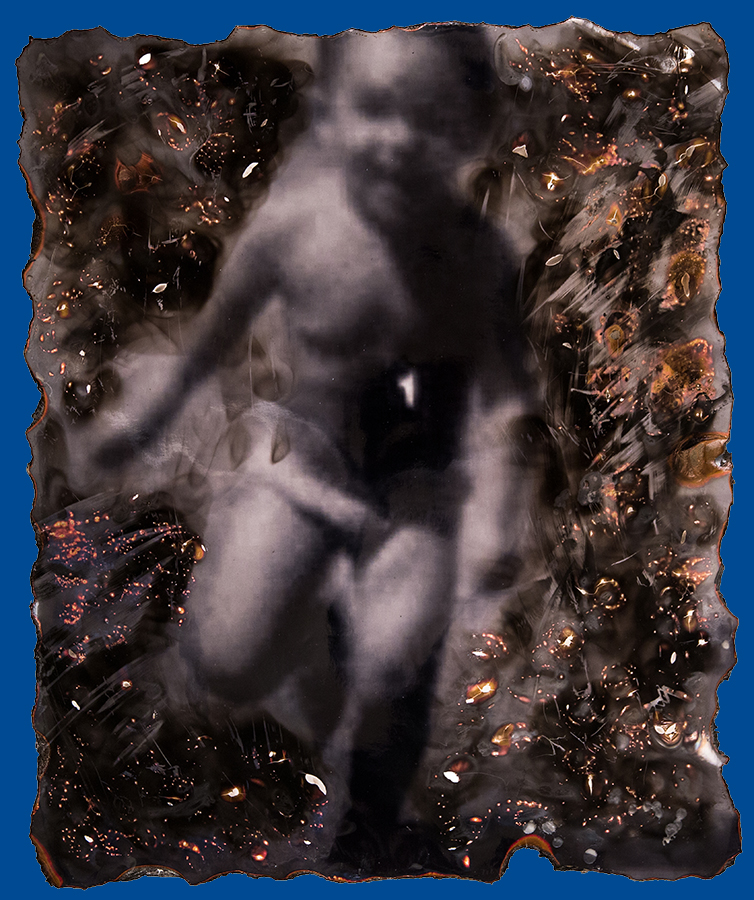
“When my mother found out that I was gay, she started crying a lot and passed out. I took her to the hospital and, when we came back home, she asked me to leave. She didn’t want me living with her anymore, because she wouldn’t accept my sexuality. That was so painful for me. I could never imagine that my mother, my only family, would do that to me.”

Solace Women’s Aid is the largest specialist charity in London providing support to women and children who have experienced domestic abuse and sexual violence. Last year, they supported over 22,000 women and children to rebuild their lives by providing safe accommodation, therapeutic services, prevention work, rape crisis and advice and support.
'No woman should ever have to flee her home due to violence and abuse only to end up homeless, but this is exactly what is happening right now in our capital. Equally, women are being forced to stay with abusive partners as they rightfully fear losing their home and security. London’s housing and homelessness systems are clearly failing women and children made homeless through Violence Against Women and Girls. A prolonged period of austerity, deepening housing crisis and funding cuts to specialist services, has created a bleak landscape for women fleeing abuse in London. All too often, they can involve navigating complex systems, dealing with gatekeeping and disbelief.
'Last year Solace supported 22,816 women, children and men across all our services, providing us with a deep body of evidence and important insights from our users and staff, who tell us that lack of safe housing is the number one barrier to leaving. However, there is hope and homelessness can be prevented. Solace is commitment to putting housing at the top of the agenda for women fleeing violence and abuse and are campaigning for radical changes in London that will materially improve the situation of all survivors made homeless through abuse.'

